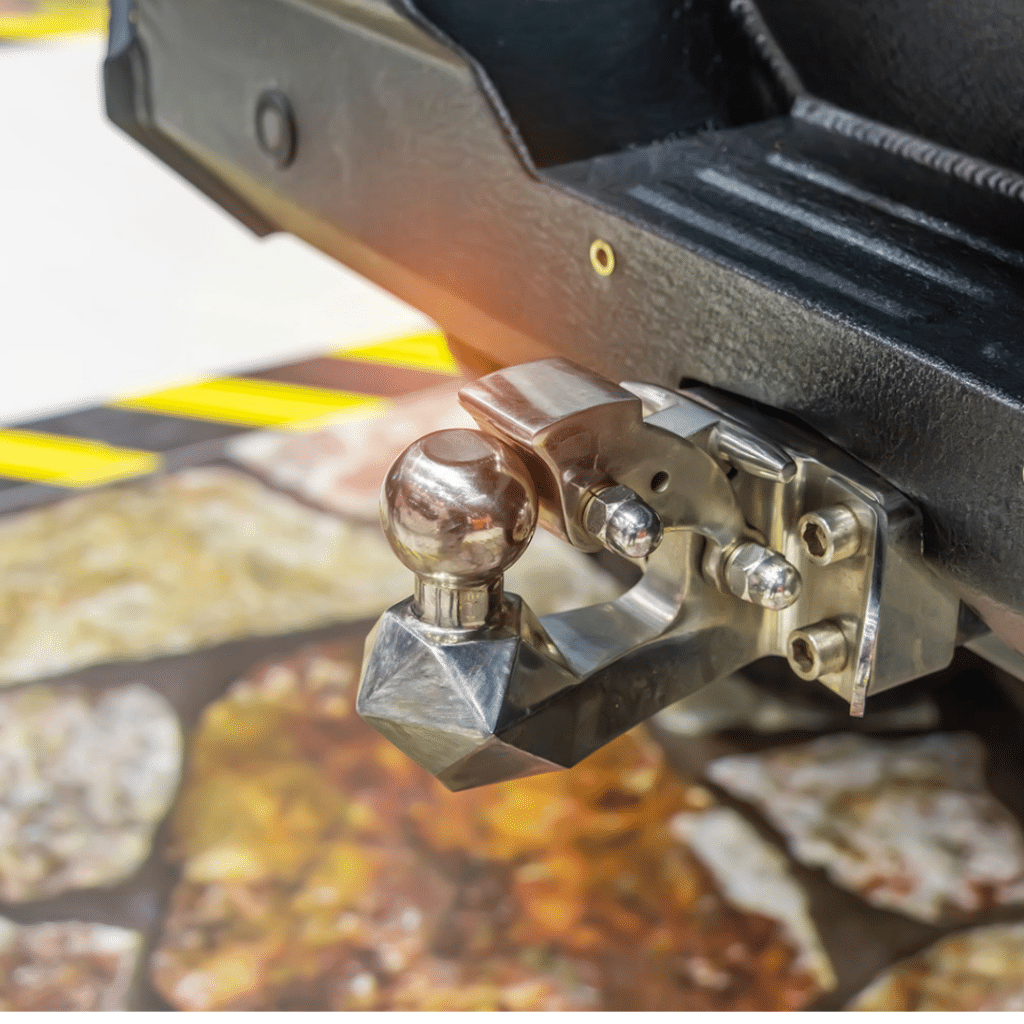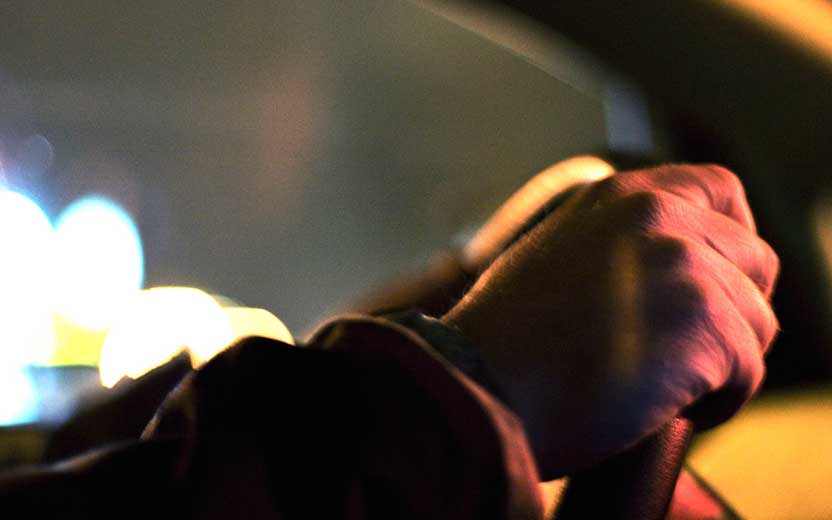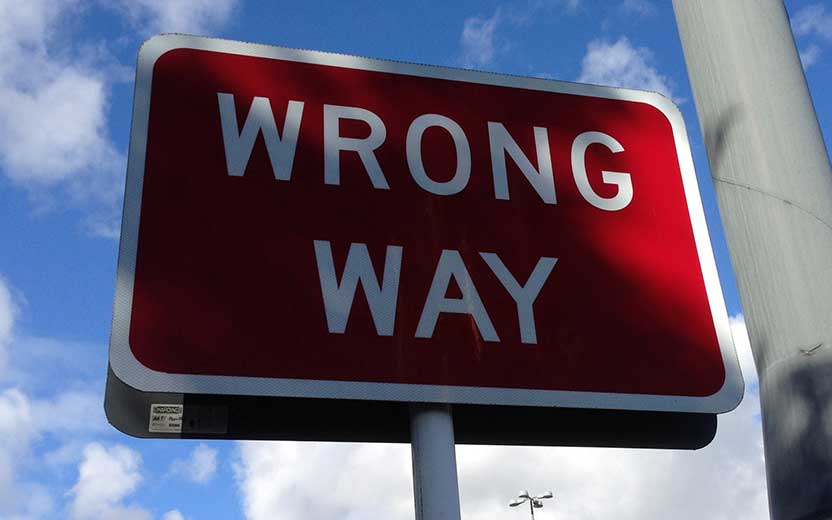By Marcus Fernandez
Accidents happen when drivers fail, even for only seconds, to pay attention to the road ahead of them. About 396,000 accidents occurred on Florida roadways last year, resulting in 3,516 deaths and 251,504 injuries. One of the most common types of accidents is the rear-end collision.
Colliding with a trailer-hitched vehicle can worsen injuries and cause more property damage. You may also claim damages against the other driver, despite sharing some responsibility for the crash.
In this blog post, you’ll learn about rear-end crashes, how trailer hitches affect the severity of the impact, and how you may be entitled to recover damages from the other driver. You’ll also learn about the evidence needed to prove your claim and how to preserve it.
What is the crash pulse, and how does it apply to rear-end collisions?
Imagine you’re in a car, and another vehicle crashes into it. Your body moves because of the forces exerted by the collision. Vehicles are designed for their frames to absorb and distribute the force to lessen its effect on your body. Crash pulse is the pattern of distribution of the force of a crash. The goal is to distribute and weaken the force before it affects the occupants of a vehicle.
A trailer hitch is a rigid object attached to a vehicle’s frame. In a rear-end collision, the trailer hitch becomes the primary point of contact, instead of the frame of the vehicle. Rather than the force being absorbed by the vehicle’s frame, it is effectively transmitted to the occupants.
The crash pulse that auto designers and engineers aim to achieve is one where the vehicle absorbs the primary forces of a crash to minimize the impact on the driver and passengers. A trailer hitch causes a crash pulse with peak crash forces transferred to the occupants, which increases the likelihood and severity of injuries.
Who is at fault in a rear-end collision when a vehicle has a trailer hitch?
As a general rule, drivers must be attentive when operating a motor vehicle, obey traffic laws, and always maintain control over their vehicles. A rear-end crash usually results when a motorist tailgates or becomes distracted, which generally makes the driver in the rear vehicle liable for causing the collision. However, there may be circumstances under which the driver of the vehicle that was hit may be at fault, including the following:
- Backing into another vehicle.
- Abrupt and unexpected stopping in traffic.
- Driving a car without functioning brake lights.
If the driver of a vehicle you hit in the rear engaged in these or other activities that contributed to causing the accident, the other driver’s fault may be a defense. Under Florida law, a person who is more than 50% at fault in causing a crash may not recover damages through a personal injury lawsuit.
Preserving evidence after an accident with a vehicle equipped with a trailer hitch
Evidence aids claims for compensation or defense in car accidents, whether you crash into another vehicle or someone crashes into you. Take the following steps to preserve evidence:
- Get the names and contact information of all witnesses to the crash.
- Use your phone’s camera to take photos of the vehicles, including their position relative to each other and any damage.
- Take photos of skid marks, debris, and car parts on the ground.
- Take photos of buildings, traffic control devices, and pavement markings.
Buildings may have surveillance cameras that can offer video of the accident as it happened. If you are injured and cannot take pictures or gather evidence, ask someone to do it for you.
Contact a Tampa personal injury attorney
If you are injured in a rear-end collision with a vehicle that has a trailer hitch, you need advice and guidance from an experienced Tampa car accident attorney. Act now to claim damages if another party’s fault caused harm, as your time for recovery is limited. Contact the personal injury attorneys at KFB Law today for a free consultation.


